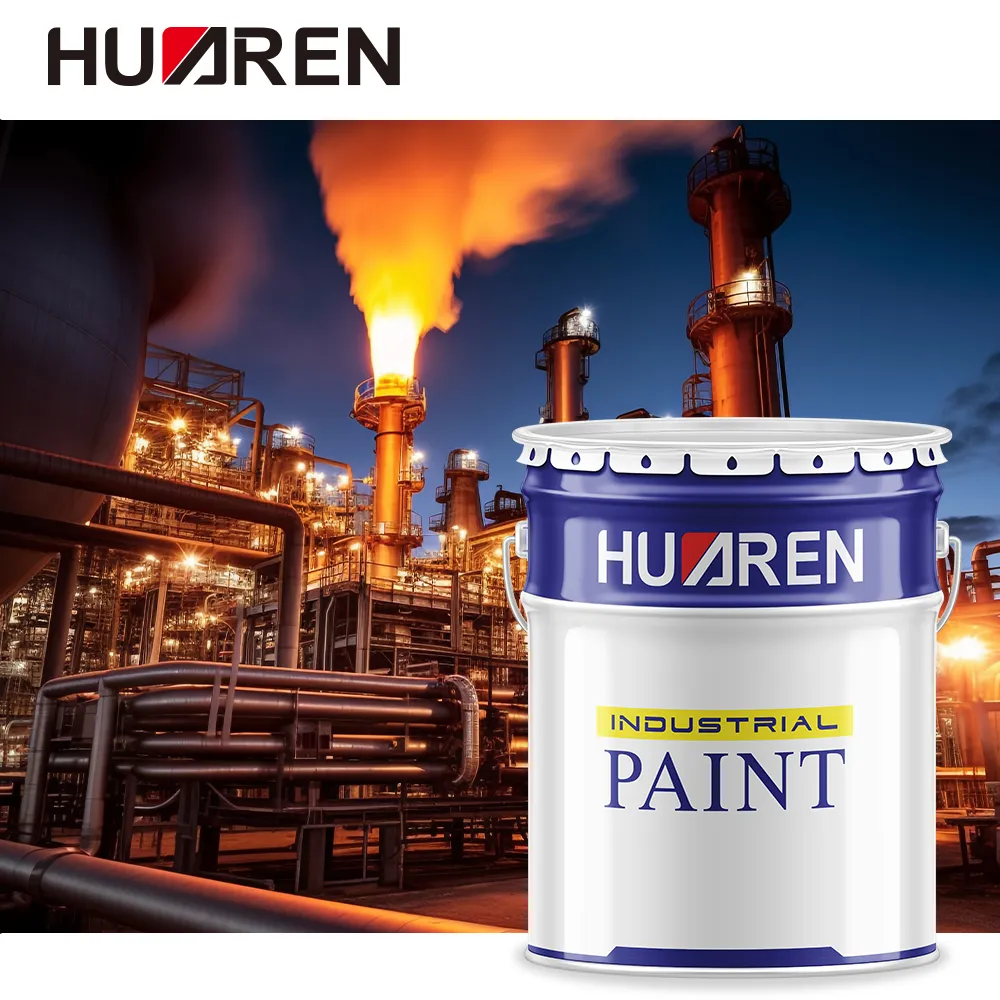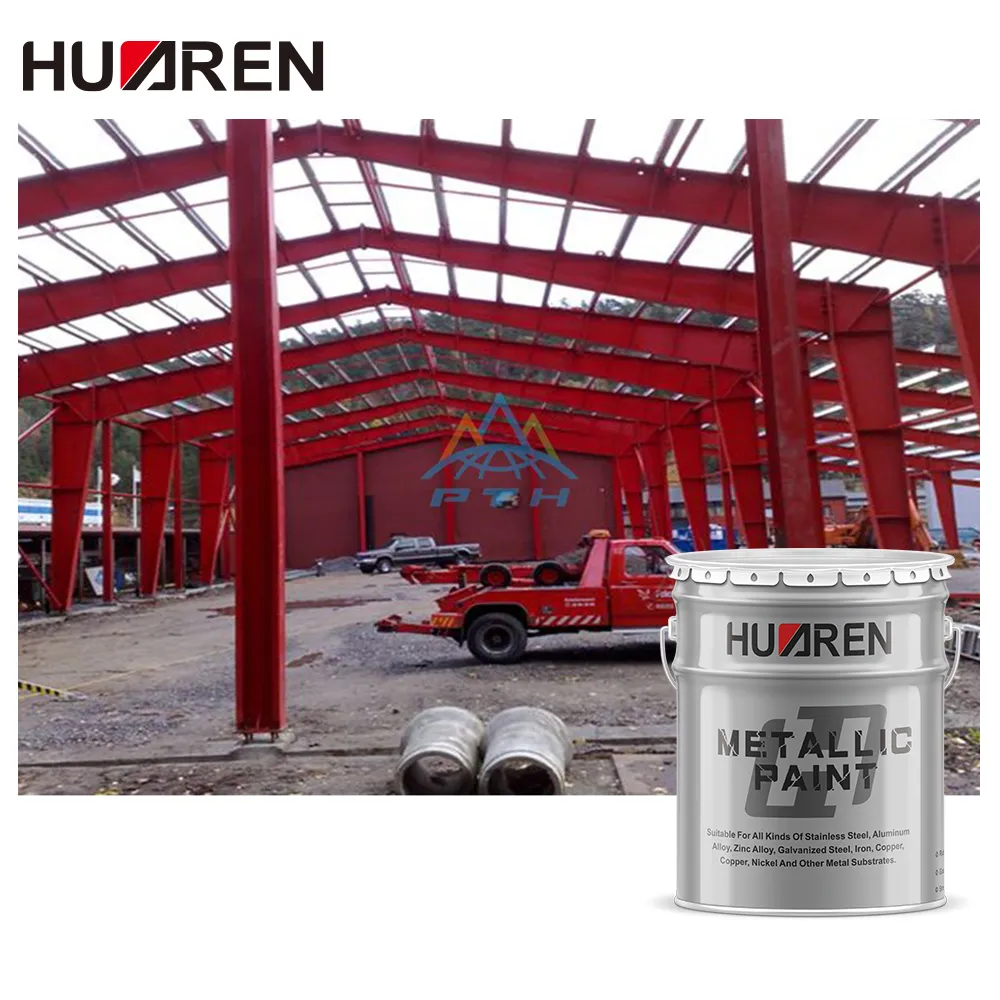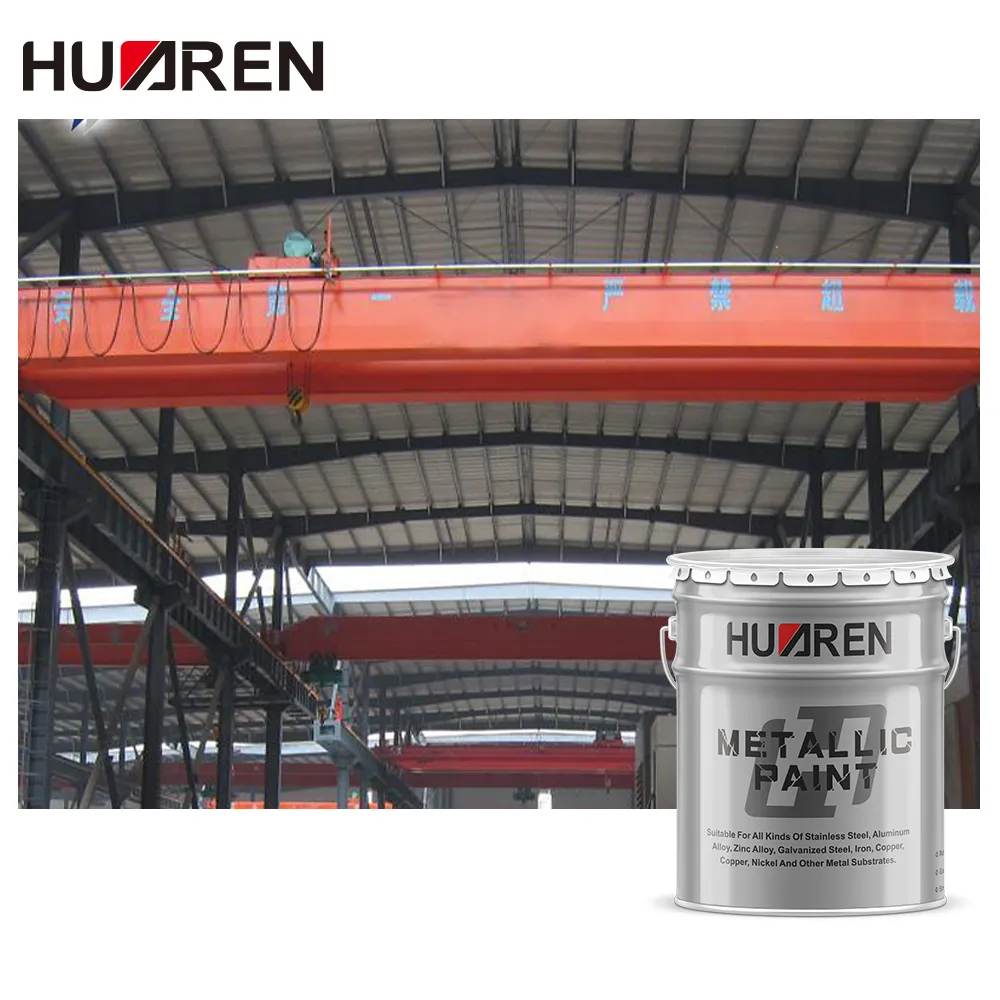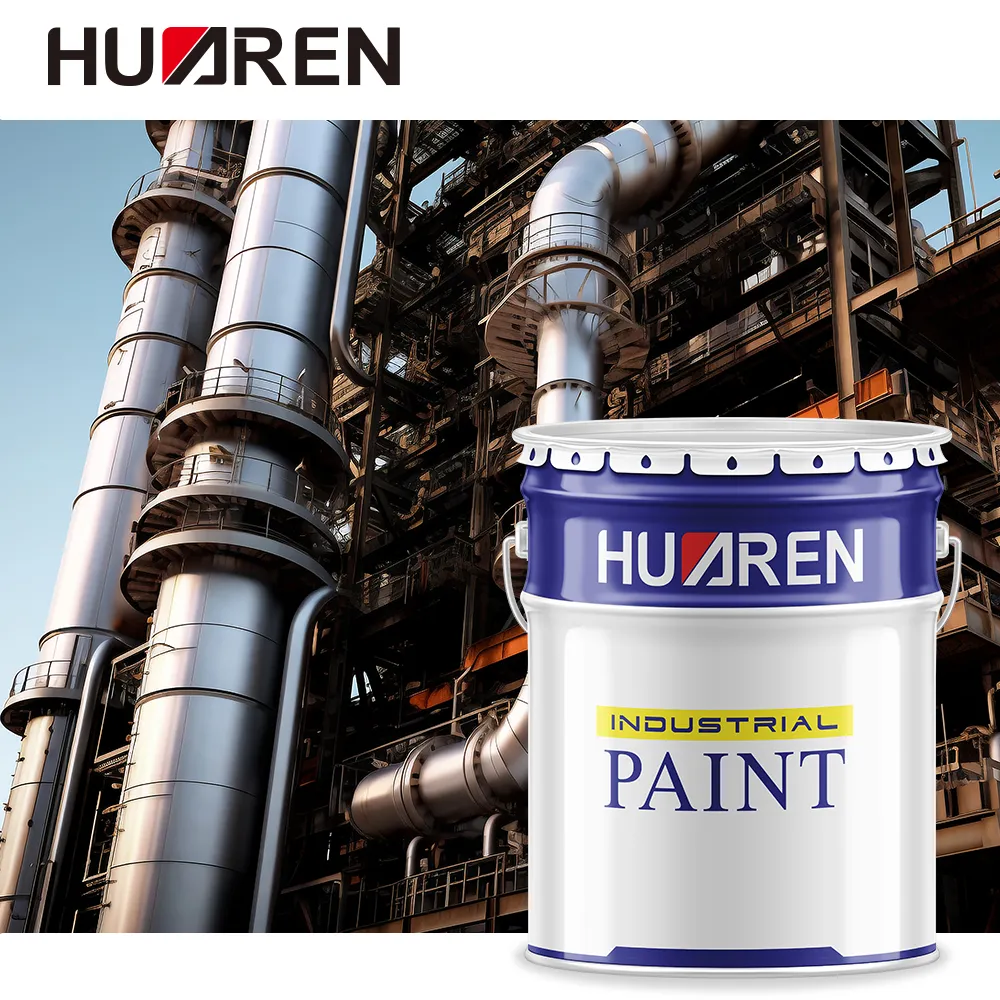In the field of industrial anticorrosion and architectural coating, the choice of primer is directly related to the adhesion, anticorrosion performance and service life of the coating. Among the many coatings, polyurethane primer and epoxy primer are two widely used types of primers. Although they each have their own advantages, choosing which one is more suitable for your needs depends on many factors.
This article will deeply analyze the composition characteristics, performance comparison, construction requirements and applicable environment of polyurethane primer and epoxy primer to help you make a scientific decision.

What are polyurethane primer and epoxy primer?
● Polyurethane Primer
Polyurethane primer is a primer based on polyurethane resin, which usually needs to be mixed with a curing agent. Its main characteristics are good flexibility, strong weather resistance, high surface hardness and good adhesion.
● Epoxy Primer
Epoxy primer is an anticorrosive primer with epoxy resin as the main component, used in conjunction with a curing agent. It is known for its excellent anticorrosion performance and adhesion, and is particularly outstanding in environments that require high-intensity protection.
Although both primers offer strong protection, their chemical compositions and performance characteristics differ significantly.

Performance Comparison
Adhesion
● Polyurethane Primer: Polyurethane primers have excellent adhesion, especially to difficult-to-attach substrates such as plastics, aluminum alloys, and copper. They have high adhesion stability in changing environments.
● Epoxy Primer: Epoxy primers have excellent adhesion to metal surfaces, especially steel and concrete. They can penetrate into tiny surface pores to form a strong mechanical bond.
Corrosion Resistance
● Polyurethane Primer: Although polyurethane primers have some corrosion resistance, they are not as effective as epoxy primers in highly corrosive environments (such as chemical plants or marine environments).
● Epoxy Primer: Epoxy primers are known for their excellent chemical resistance and can resist corrosion from acids, alkalis, and salts, making them the first choice for heavy corrosion protection.
Weather Resistance
● Polyurethane Primer: Weather resistance is one of the biggest advantages of polyurethane primers. It can resist damage from ultraviolet rays and is not prone to powdering or fading after long-term exposure to sunlight.
● Epoxy primer: Epoxy primer has poor weather resistance and is prone to powdering after long-term exposure to sunlight. Therefore, epoxy primer usually needs to be used with topcoat to enhance weather resistance.
Hardness and wear resistance
● Polyurethane primer:The coating film formed by polyurethane primer has high hardness and excellent wear resistance, which is suitable for scenes requiring high surface wear resistance.
● Epoxy primer:The coating film hardness of epoxy primer is slightly inferior to that of polyurethane, but it can still meet general industrial needs.
Flexibility
● Polyurethane primer:The flexibility of polyurethane coating film is outstanding, which can adapt to the deformation of the substrate without cracking.
● Epoxy primer:In contrast, the coating film of epoxy primer is relatively rigid and has limited ability to adapt to the deformation of the substrate.

Construction requirements comparison
Construction environment
● Polyurethane primer:Polyurethane primer has relatively loose requirements on ambient temperature and humidity, and can perform stably even under high humidity.
● Epoxy primer:Epoxy primer has high requirements for the construction environment, especially in low temperature or high humidity environment, the curing reaction may be affected, resulting in a decrease in coating performance.
Mixing and application time
● Polyurethane primer:Polyurethane primer has a longer application time after mixing, which is suitable for projects that require a longer construction time.
● Epoxy primer:Epoxy primer has a shorter application time, and it is necessary to avoid wasting paint due to insufficient time during construction.
Coating process
● Polyurethane primer:Polyurethane primer has better leveling and a smoother coating surface, which is suitable for scenes with higher decorative requirements.
● Epoxy primer:Epoxy primer performs better in thick film construction, and can form a thicker coating at one time, reducing the number of construction times.
Curing time
● Polyurethane primer:Polyurethane primer has a faster curing speed and high construction efficiency.
● Epoxy primer:Epoxy primer has a longer curing time, but this is usually accompanied by stronger coating performance.
Applicable environment analysis
● High-corrosion environment: Epoxy primer is an ideal choice for highly corrosive environments (such as chemical plants and marine engineering) due to its excellent chemical resistance and shielding properties.
● Outdoor exposure environment: Polyurethane primer is more suitable for outdoor environments exposed to sunlight for a long time due to its excellent weather resistance and UV resistance.
● Scenarios with high requirements for substrate flexibility: When the substrate needs to withstand deformation or vibration, the flexibility of polyurethane primer can better adapt to these requirements.
● Heavy industry or mechanical equipment: If both anti-corrosion and wear resistance are required, polyurethane primer and epoxy primer can be used together: first apply epoxy primer as an anti-corrosion layer, and then apply polyurethane primer or topcoat to improve wear resistance and anti-aging performance.

How to choose a suitable primer?
When choosing polyurethane primer or epoxy primer, it is necessary to make a comprehensive consideration based on actual needs. Here are some decision points:
● According to the type of substrate:
Metal substrates such as steel and concrete: epoxy primer is recommended.
Difficult-to-attach substrates such as plastics and aluminum alloys: polyurethane primer is recommended.
● Consider environmental conditions:
Highly corrosive environment: epoxy primer is preferred.
Long-term outdoor exposure: polyurethane primer is preferred.
● Requirements for coating performance:
Emphasis on corrosion resistance: epoxy primer is the first choice.
Focus on weather resistance or decorative properties: polyurethane primer has more advantages.
● Restrictions on construction conditions:
If the construction conditions are harsh (such as high humidity environment), polyurethane primer is more suitable.
If there is ample time and the construction environment is controllable, the performance advantages of epoxy primer are more prominent.
Huaren Chemical Industry Co., Ltd. is a Chinese supplier dedicated to delivering high-quality coatings and resins for various industrial applications. Our advanced facilities and expert team enable us to produce durable, high-performance products, including acrylic paints, epoxy coatings, and waterborne industrial paints. Trusted by customers in sectors such as petrochemicals, shipbuilding, and construction, we offer exceptional value at competitive prices. Buyers can enjoy wholesale discounts, promotional pricing, and custom formulations to suit their specific needs. Whether you are a distributor or a direct purchaser, Huaren Chemical has the solutions you need. Contact us now for quotes and promotional details!

